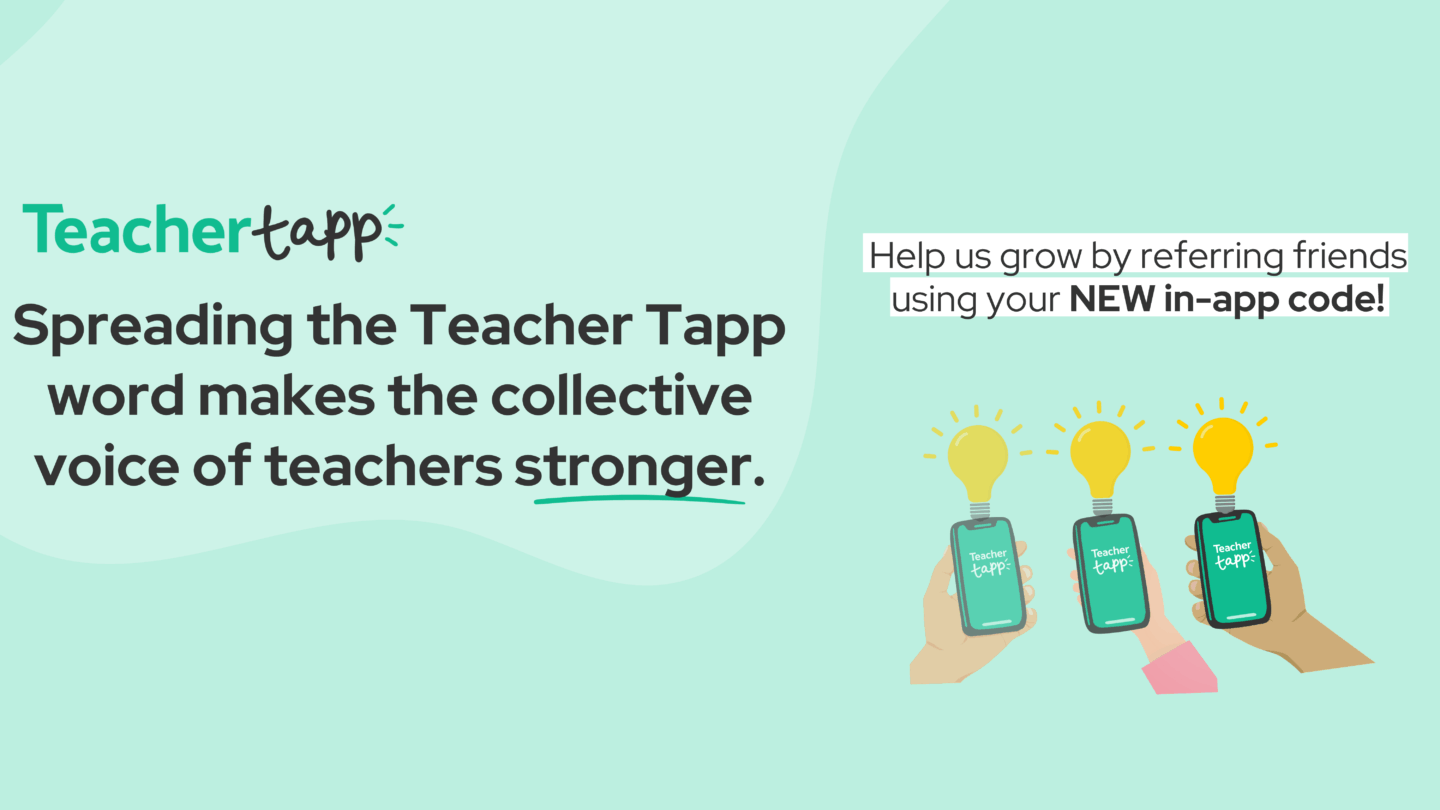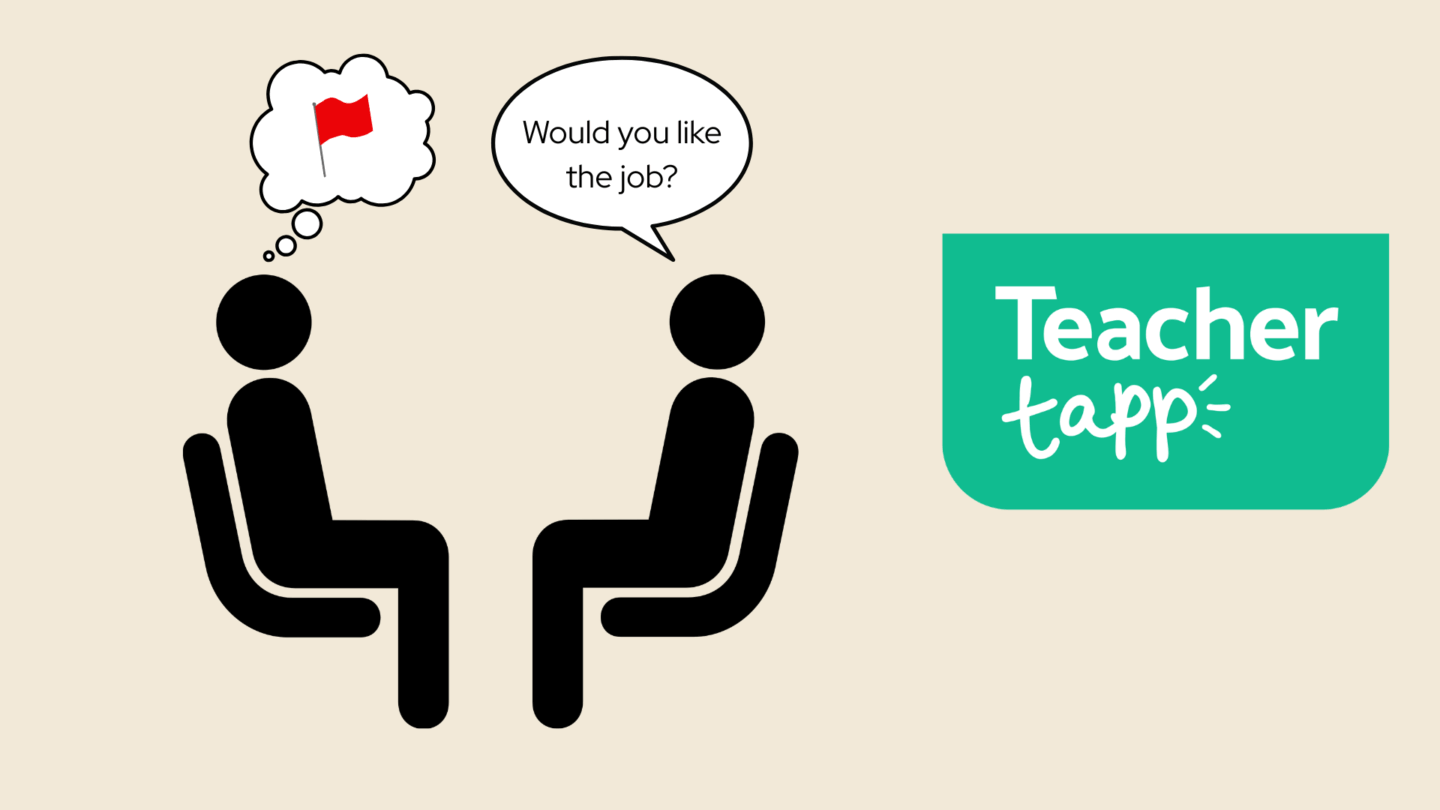First up… some Teacher Tapp news! Here at TT Towers we’ve been working on a new version of the app which uses all the new branding and colours etc.
Sadly it does mean saying goodbye to our clipart hand icon from 2017 😭 but everything else about it is great and we hope you see several improvements.
The updates will roll out out across Android and Apple once our digital overlords give us the all-clear, so probably over the next week or so. There’s nothing specific for you to do, most phones will automatically update. We will give nudges to those who haven’t in a few weeks’ time.
RIGHT, onto the findings…
1. The Marking Policy Conundrum
Rarely has there been a closer-run question on Teacher Tapp than this week.
Does your school’s marking policy specify how often books should be marked? Overall, the No’s just squeaked it, 51% to 49%.
But there’s something more going on underneath this 51:49 split.
While there was nearly no difference among phases, seniority seemed to matter?! 🤷♂️
Classroom teachers are far more likely to say that their marking policy does specify how often books should be marked (52%), but only 34% of heads say the same. What could be causing this difference?
(Even with the smaller number of heads compared to other teachers, the difference is so big that it can’t just be related to sampling error).

The difference persists when diving into more detail about the marking itself.
Again, 46% of classroom teachers say that books are expected to be marked with written comments, but only 29% of heads agree – instead saying their school has “another approach”.
Is the difference really two sides of the same coin, or is there a real difference between what classroom teachers and heads believe their marking policy describes?

2. That Sunday evening feeling…
We all know the feeling of dread for the week ahead. For teachers, this may manifest as dread of specific lessons, specific classes or year groups.
Last week, more than half of you were dreading at least one lesson in the coming week – with 5% dreading six or more lessons.
The least experienced teachers are the ones who dread lessons most. Nearly two-thirds of you with less than five years experience worrying about at least one lesson in the coming week.
On the upside, things do get better! Only one-in-three teachers with more than 20 years experience are dreading more than two lessons this week.

But why are you dreading your upcoming lessons? For secondary teachers, it’s reasonably clear: behaviour.
83% of you said that the behaviour of either a whole class or just one or two students was a factor in your dread.
Primary teachers were also concerned about behaviour, but much less so than secondary teachers. Just 46% cited a behaviour-related concern. Instead, a concern for 31% of primary teachers was the confidence with the subjects they are teaching. Primary teachers also had more unspecified reasons – do feel free to send us a message via Twitter (@TeacherTapp) or via Contact Us in the app to tell us what other reasons we should have included.

3. Routine, routine, routine
You know the drill: “start a new page, write the date and title at the top, and copy down the learning objectives”.
Or, do you? We first asked a question about sharing lesson objectives back in March 2018. At the time, the use of learning objectives was much-debated. Have things changed much in the time in-between?
Apparently not! For many of you, the drill is the same, with 60% of you sharing lesson objectives at the start of the class – almost exactly the same score as in 2018 (58%).
In particular, primary schools are keen on lesson objectives – with 77% of KS2 teachers sharing at the start of their lessons.
However, they are less often seen in secondary schools. Languages teachers are their biggest advocates – with 61% sharing the objectives, compared to just 41% of maths teachers.

It’s not just lesson objectives that are less common among maths teachers.
Only 27% of maths teachers said their students completed a test or quiz in their last lesson, compared to 45% of English and 51% of science teachers.
Primary teachers were the least likely to set their students a quiz – with only 17% doing so in KS1 and 25% in KS2.

We also thought there might be more quizzing these days in school – what with all the excitement about retrieval practice and spaced practice. But when we looked, the overall figures were very similar to 2018: 34% of lessons have a quiz in now, compared to 32% in 2018 – not a huge change!
4. Covid Check-In
Over the past two years, we’ve asked a lot of questions about Covid. Your responses have been invaluable to showing people outside what’s really been going on inside schools during the pandemic. While we have eased off recently, we are still occasionally checking.
Recently, you’ve been telling us that Covid is once again causing chaos in schools. Not just for students, but for teachers too. And the numbers are looking a little eye-brow raising.
For example, this week 56% of you reported that you have ever tested positive for Covid-19 – far higher than when we last asked in November 2021!
Some of the shift will be to do with the fact that there’s been good access to lateral flow tests since last year, which has made it easier to get a test, but even so!
The numbers likely go a long way to explaining why there’s been such a drain on supply teachers in recent months. And, if this is the picture among triple-vaxxed teachers, just imagine what it will be like among mainly unvaccinated children!

Finally… we know you love the daily read, so here are the ones from last week
The most read tip from the past week was: The case against PowerPoint for implementing curriculum
And here are the rest for your reference:







